When considering the many roles public schools are expected to play, it becomes apparent why Metro Nashville Public Schools’ academic measures have seen incremental gains and losses over the last several decades but have not shown consistent and steady improvement.
Education has been a top priority for the Chamber and the business community for more than two decades. The Nashville business community has been deeply engaged with MNPS through programs such as the Academies of Nashville and by advocating for policies at the state and local level that drive student success. Nearly 400 businesses partner with MNPS to offer students access to career exploration and preparation opportunities, including field trips, job shadows, industry credential tutoring, internships, etc. Despite the community’s engagement, and despite the hard work and commitment of MNPS teachers, staff, administrators and leadership, the current system is not producing the outcomes our children need.
Every day, the system is working to address urgent needs of students and their families, providing basic needs such as food and clothing while ensuring physical, social and emotional safety. School leaders understand the necessity of providing these supports while also delivering on their primary role of high-quality classroom instruction that helps students learn and succeed academically.
Over the past few years there have been many conversations about the role of the broader community in supporting education. Considering the unique challenges of a large urban school district, the Chamber has been studying best practices across peer cities and districts to see what has worked well and how the community can provide greater support to MNPS.
That research led to a focus on engagement in five areas:
- An effective, accountable governance structure,
- Effective management systems that build capacity of MNPS leadership,
- Support for outstanding teachers and a pipeline of future leadership,
- An infrastructure and culture for innovation across all aspects of education, and
- Community support, funding, and resources to achieve student and system performance goals.
We believe there are committed, capable and passionate people leading the district, but the current system only allows for incremental change and hampers the ability of educators and administrators to help bring about the best outcomes for students. We also believe there is no silver bullet solution. Education improvement is complex, which is why it’s critical to look at a broad range of actions that can impact student outcomes.
As we explore these options, we know that transformational change must be tailored to the needs of our individual community and must be broadly supported by the community. We are currently gathering information and input from education stakeholders on the state and local level, policy makers and the broader public to better understand whether the community believes this is the right time for bold, transformational change. We look forward to hearing your thoughts on this important topic.



